After almost a decade after being interviewed by Ariana Tikao on my 10 year vision of Māori and ICT, I have written a new one and welcome any feedback and critiques.
1. Localisation partnerships
As a result of many non English speaking countries beginning to demand that they be able to use their own language to communicate, to interact with online systems and the increasingly more economical options to offer localised software and systems, many companies large and small will produce all of their software and web based systems with an option to change the interface into various popular languages.
The option for minority languages with little or no commercial benefit will have the option to localise in community based efforts such as Google currently offer via their “Google in your Language program”.
The biggest shift in the so called online activism/advocacy will be the shift in paradigm from Māori acting in solidarity. We will see large international ad hoc groups being formed to place pressure on corporations to offer their products in a localized version.
The most likely partnerships will be part formed in the Asia-Pacific region or within an international indigenous group.
2. More Māori Technologists
There will be a large increase in Māori entering the ICT profession. This will be generated from Māori language and culture being more visible and in more demand within ICT. The old myth that a computer and Internet is for rich white people will well and truly be destroyed. In fact it will be a joke amongst Māori.
3. Blogs and Social Networks
Blogs and other prose on social networks will be bilingual or monolingual Māori.
Iwi and other Māori groups will utilise social networks to create their own online networks. We will see virtual Iwi established so that the traditional Iwi can keep in contact with the younger more cyber reliant generations.
4. Translations
Māori will no longer have the big issue we currently have with creating new terminology to accommodate any new localisation project. Community effort to create new terminology would be freely accessible. This revolution will be spurred on by new generations of current children who speak Māori as their first language and whom have been brought up during a technological revolution demanding more localisation.
5. Countries
All country lists on the Internet such as sign up forms, e-commerce etc will either have Aotearoa as a separate option or it will be written next to New Zealand as a country option.
6. Cell phones
Txt’n in Māori language will be common as a there will be comprehensive and copious terms, including a predictive txt’n corpus which will be a default on all new phones sold in New Zealand. The ability to create a macron on the cell phone will be an easy task.
Again this demand will be from the generation of first language speakers whom do not know life with out a cell phone.
7. Spell Checking
New Zealand spell checkers will by default contain a corpus of Māori place names and Māori words. No longer will there be a need to have separate editing tools for NZ English and NZ Māori.
8. Entertainment
There will be an increase in Māori based, designed by Māori console games for Play Station, X Box etc. There will be a Language option for Māori, again spurred on by the generation of native Māori language speakers.
9. DNS
The ability to write a macron within any domain name in the world will be feasible and without any limitations. Within .nz a bilingual domain name system will be available as would already be implemented within other multi lingual countries around the world.
10. GPS
GPS systems and any other voice recognition system will recognize and pronounce Māori place names.
11. Leaders in the Pacific
Māori will inadvertently become cultural/language ICT leaders and advise other Pacific countries who up until now have used ICT to develop their economy and infrastructure.
12. Search Engines
Dominant search engines will search in pre selected languages including Māori.
13. Second Life and other Virtual Reality Communications.
Māori will be fully established in Second Life. Virtual Iwi and marae will exist here.
14. Archival projects will meet large challenges.
After a flurry of myopic consultants and novices digitally recording all of their information from tapes and documents, Māori will quickly become experts in the area of digital preservation after it is noticed that the digital archives no longer work in the current technology.
15. Cyber Activism
As commercialization and exploitation of cultural rights by corporate organisations grow, we will see an increase with cyber activism and hackervisim as well as a new genre of Māori lawyers.
.
.
.

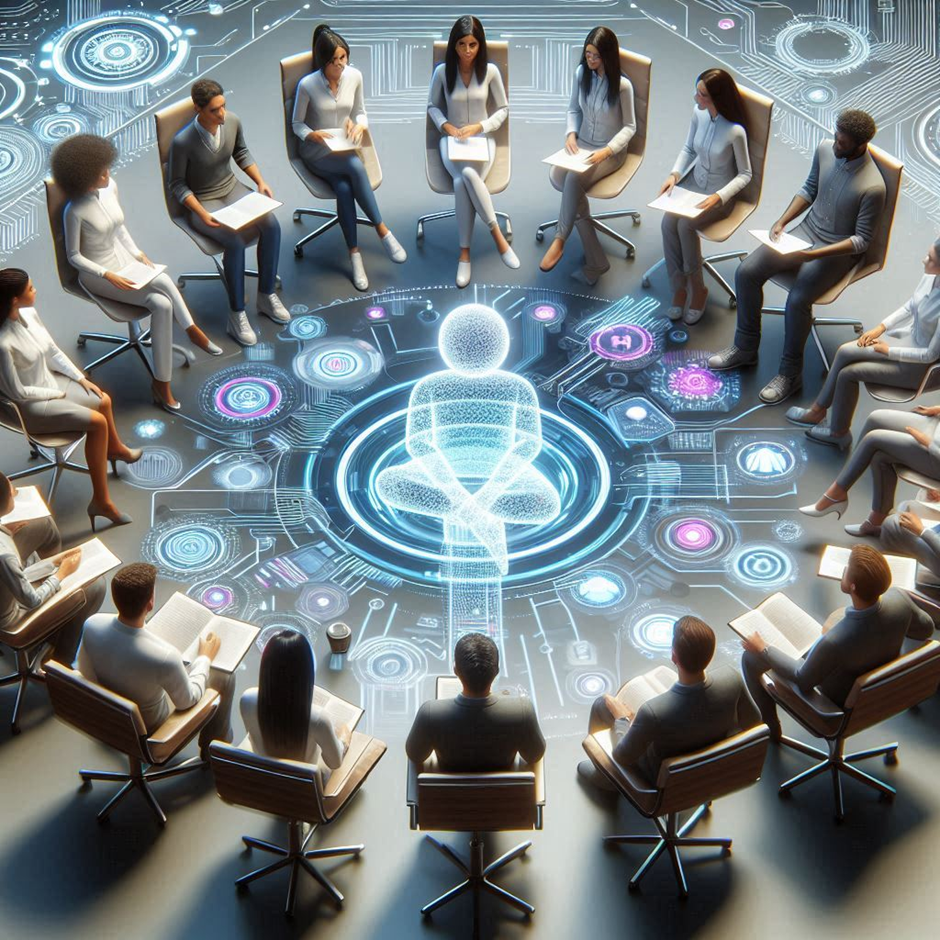
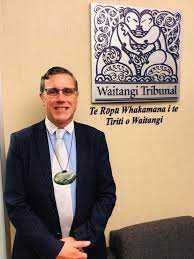
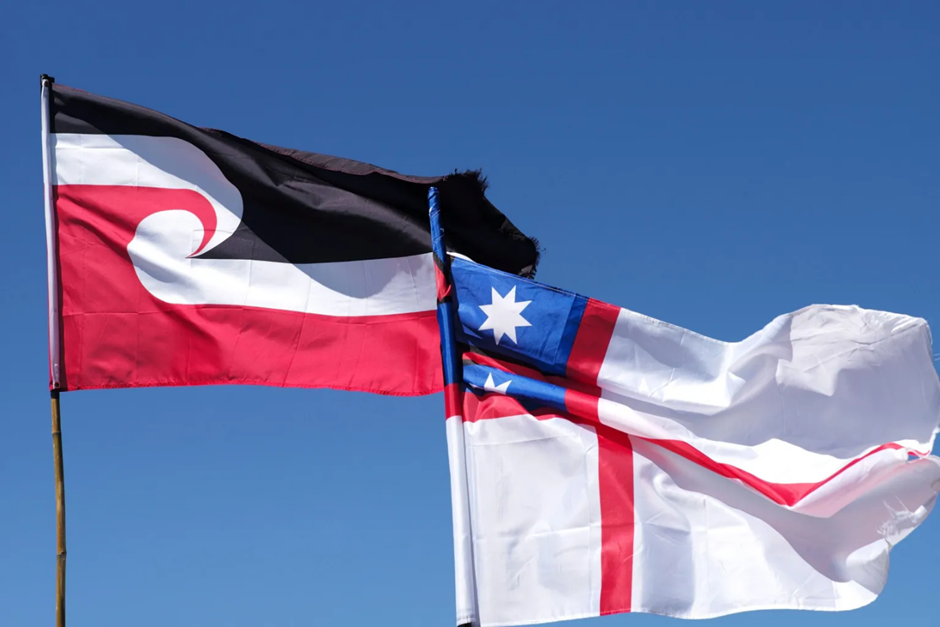
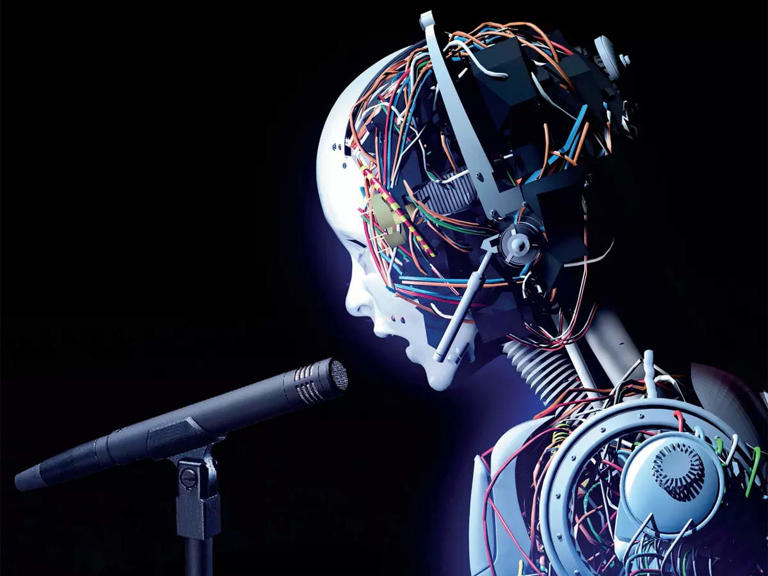
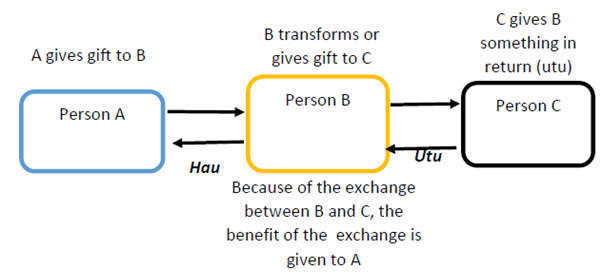


Leave a Reply
You must be logged in to post a comment.